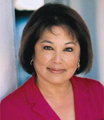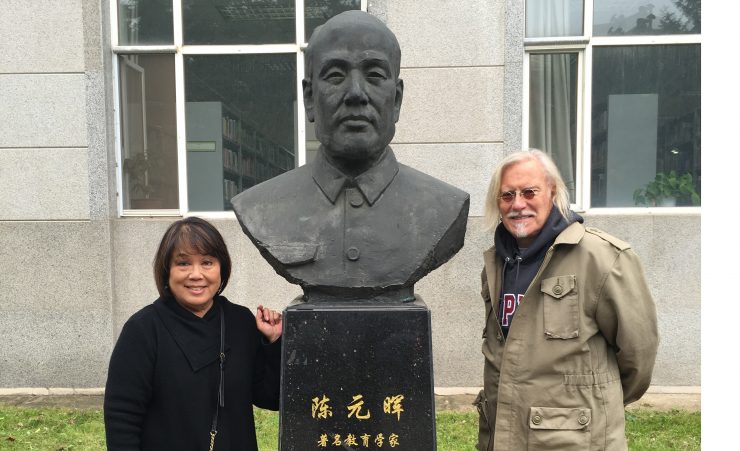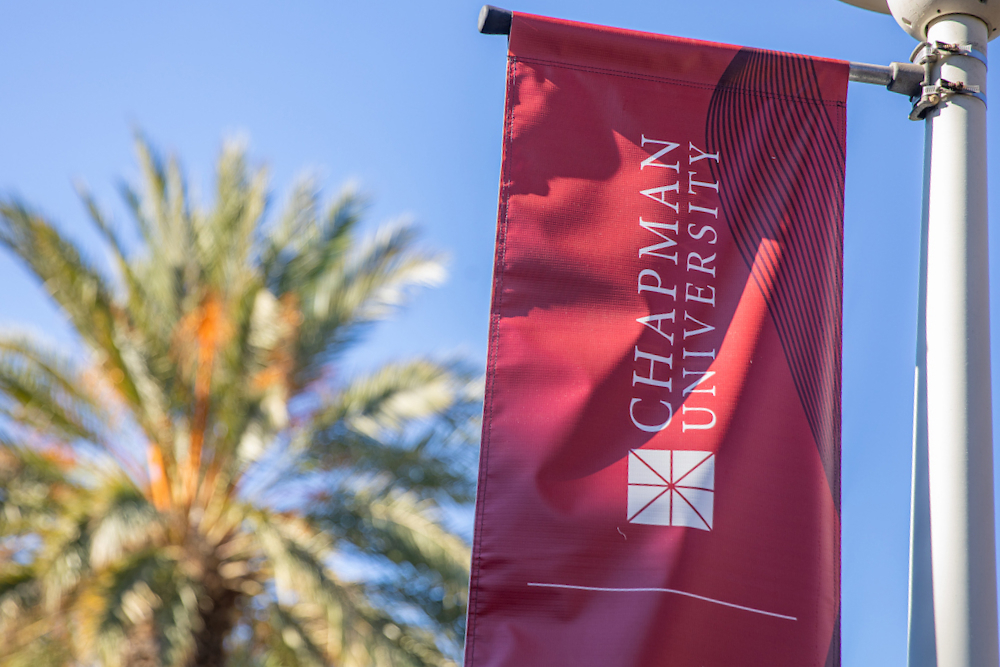“My Grandmother had bound feet. As a young child, I bathed her crumpled feet in a warm basin of water and wondered: What destiny does she wish for me?”
That’s how I opened a lecture I gave in China to fellow university and school educators this summer. They were curious about their American-born cousin, and I was eager to know them. In the classrooms, I would learn about their definitions of good teaching and learning and their theoretical/philosophical foundations. At social hours, I learned about their daily lives as we shared meals. They were hungry for Western ways of thinking about schooling.

It’s difficult to grasp the full import of this historic opportunity. That’s because there exists this prevailing assumption: A communist country such as China would not be interested in an approach to teaching and learning that is founded on the development of critical consciousness and social transformation. And yet, that’s precisely where colleague Peter McLaren and I spent this past June as we participated in building infrastructure for critical pedagogy in northeast China.
We were invited by the administration of Northeast Normal University (NENU) in Changchun, the capital and largest city of Jilin Province, to engage with graduate students and teachers in works by Paulo Freire and McLaren, Ph.D., Distinguished Professor in Critical Studies at Chapman University. Furthermore, Peter and I were given three-year appointments as honorary directors of the Center for Critical Pedagogy Research.
What kind of conversations could I expect? What kind of conversations could I evoke? I was interested in their identities, inspirations and agency as transformative educators. I wanted to discover how they see their roles as educators and what philosophies inform their practice.
As I came to know the students, I found that the concept of dialogue perplexed them. It was not customary in classrooms or lecture halls to carve time for dialogue pairs or groups. One student explained that telling or listening to the ideas of his peers may not be time well spent. Instead, “We want to hear the teacher’s ideas,” he said. “Our ideas are not as important as yours.”
This sentiment reflects traditional Chinese principles of respect for elders and humility. One tries not to draw too much attention to one’s self in a collectivist society. I pondered: How does dialogue occur between you and me if there is no concept of I or self in China, a country where humility restrains one from speaking up?
As a result of this reflection, I brought back questions about the role of tradition in contemporary society. What history or traditions do we bring forward in our lives? How are these values or practices relevant in new contexts? When things change, what stays the same and why?
You can only understand who you are if you know where you have been. So I’m considering the influence my ancestors have in my life. What did they intend for me to do?
There’s one more question that occupies my thoughts. What life did my grandmother wish for me? I am a senior professor now, one of only 10 Asian American endowed chairs in the United States. With unbound feet, I blaze a path of a woman warrior, social justice educator. I hope I haven’t disappointed her.
Suzanne SooHoo, Ph.D., is the Jack H. and Paula A. Hassinger Chair in Education in the College of Educational Studies at Chapman University.
(Display image at top: SooHoo is shown with College of Educational Studies colleague Peter McLaren, Ph.D., Distinguished Professor in Critical Studies.)




Add comment